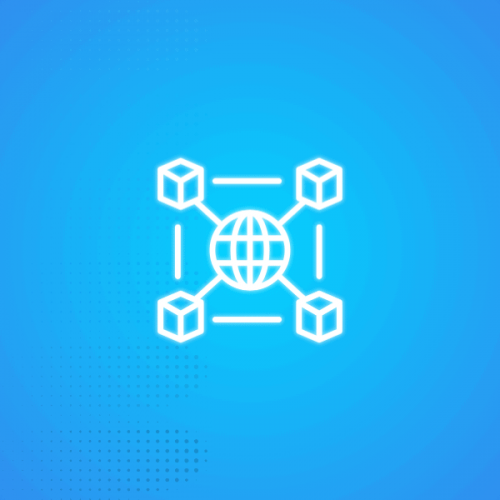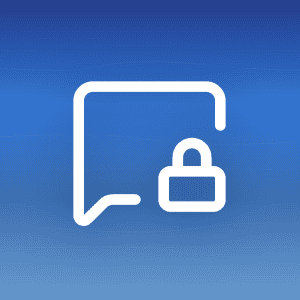Mailfence and other European technology firms have written an open letter for an Ex-ante interoperability requirement directed to Executive Vice-president Vestager. The interoperability requirement for gatekeeper firms aims to bolster existing EU values, such as competition, fairness, and innovation. We outlined in our previous blogpost that Big tech companies aim to devour every market and to leave nothing for small tech firms. This is to the detriment of the consumer. Having no competition in a market means you are bound to US tech giants that will have control over your data and your purchasing power.
The interoperability requirement aims to bring more competition to markets dominated by US players and to bolster innovation. Two major factors that define a healthy market are competition and innovation without those there is no freedom of choice, thus crippling the very foundations the EU was built upon. We hope Vice-president Vestager considers our open-letter.
The interoperability open letter
European Commission
Rue de la Loi / Wetstraat 200
1049 Brussels
Dear Executive Vice-President Vestager,
We are writing, as small European technology firms and civil society organizations, to urge you to support a strong ex-ante interoperability requirement for dominant “gatekeeper” firms in the Commission’s forthcoming proposal for a Digital Markets Act.
We welcome the fact that last February, Commission President von der Leyen wrote: “‘tech sovereignty … describes the capability that Europe must have to make its own choices, based on its own values, respecting its own rules. This is what will help make tech optimists of us all.” We could not agree more. An interoperability requirement for such “gatekeeper” firms would give a fair chance for competition on the merits of new services. This would allow Europe to compete effectively in digital markets where existing (mainly US) companies already have extremely large user bases, and give Europeans the benefit of the increased choice and innovation that competition would bring.
This would ensure, for example, that Europeans concerned with data protection, or with social media services taking a different approach to content moderation on issues such as disinformation, would genuinely have alternatives “just a click away”. It would also give European SMEs, larger businesses and public administrations greater choice, more efficiency, and lower costs because they would enjoy a wider range of suppliers to choose from for each task, and the possibility to obtain equipment, services and systems that were more closely adapted to their specific needs for each task.
An interoperability requirement would therefore contribute to meeting the three key objectives of the Commission’s February 2020 Digital Future Communication: ensuring technology works for people; a fair and competitive economy and an open, democratic and sustainable society.
Major digital competition reviews over the last two years, including for you, have recommended interoperability requirements. The German Government’s draft competition law revisions, including a power for the Federal Cartel Office to impose interoperability requirements, are expected to be passed by the Bundestag this month. The French National Assembly has already passed a bill on consumer freedoms in cyberspace, including interoperability requirements. And the UK Government is moving ahead with a Digital Markets Unit proposed by its Competition and Markets Authority after an exhaustive market study, which has also recommended interoperability as the principal remedy to reintroduce competition to social media.
The Digital Markets Act, like the GDPR, will set the global standard for online competition. A strong interoperability requirement would give European firms the chance to compete fairly in markets currently dominated by US businesses, and provide genuine choice for Europeans in services that better protect their rights and democratic values. We hope you will seize this opportunity.
Yours sincerely,
The Signatories (see next page)
What Interoperability means for Mailfence
Mailfence continues to fight for online privacy and interoperability. These values are the core principles of Mailfence, we designed our solution with the consumer in mind and not with predatory practices that big tech firms continue to employ on a daily basis. PRIVACY IS A RIGHT NOT A FEATURE!
Read more about the previous endeavors of Mailfence and other EU tech firms:
Learn more about Mailfence on our press page and follow us on twitter/reddit to keep yourself posted at all times.
For further details, please visit our press page.



